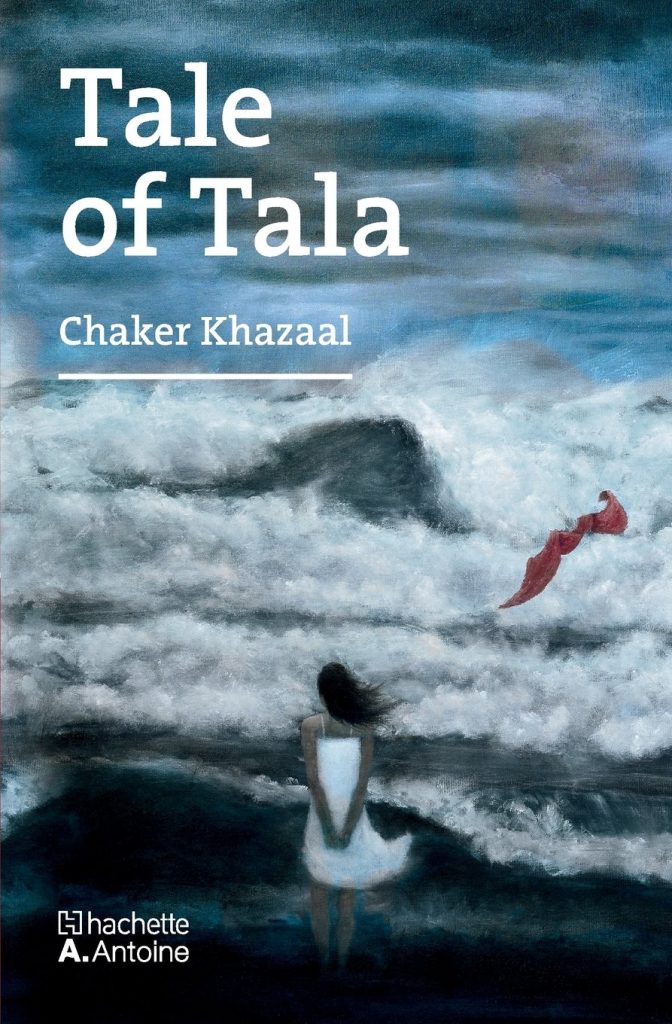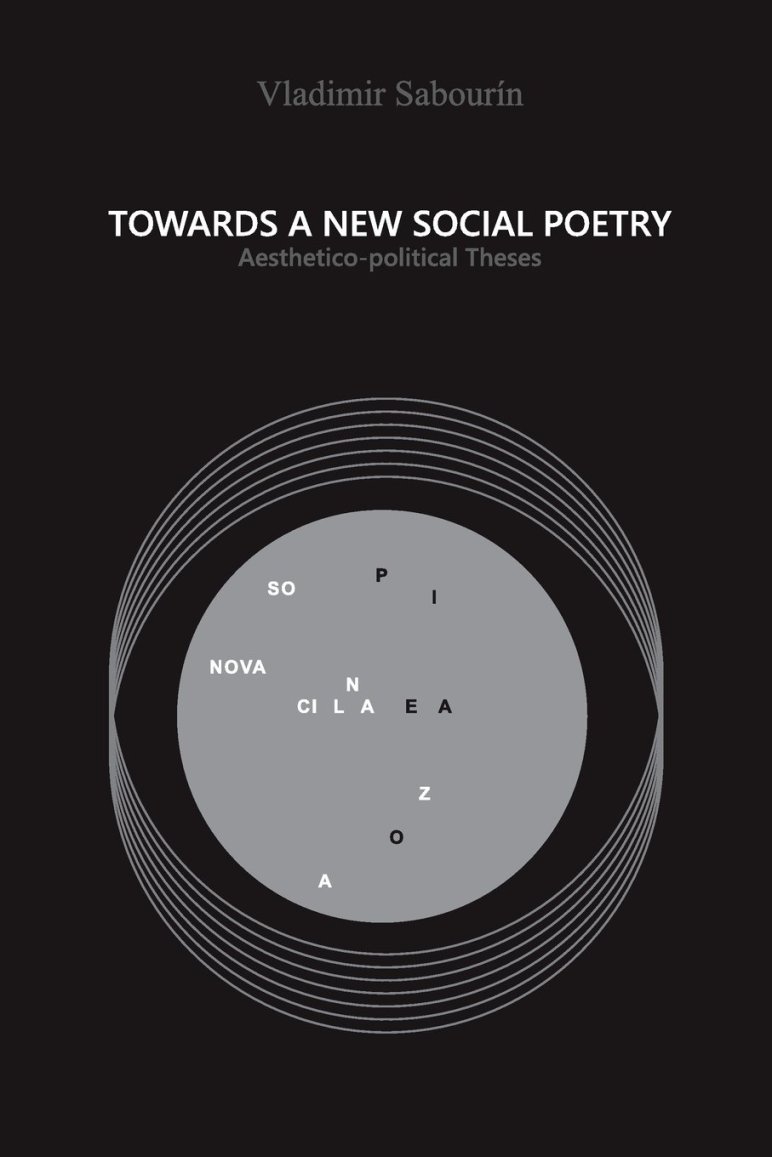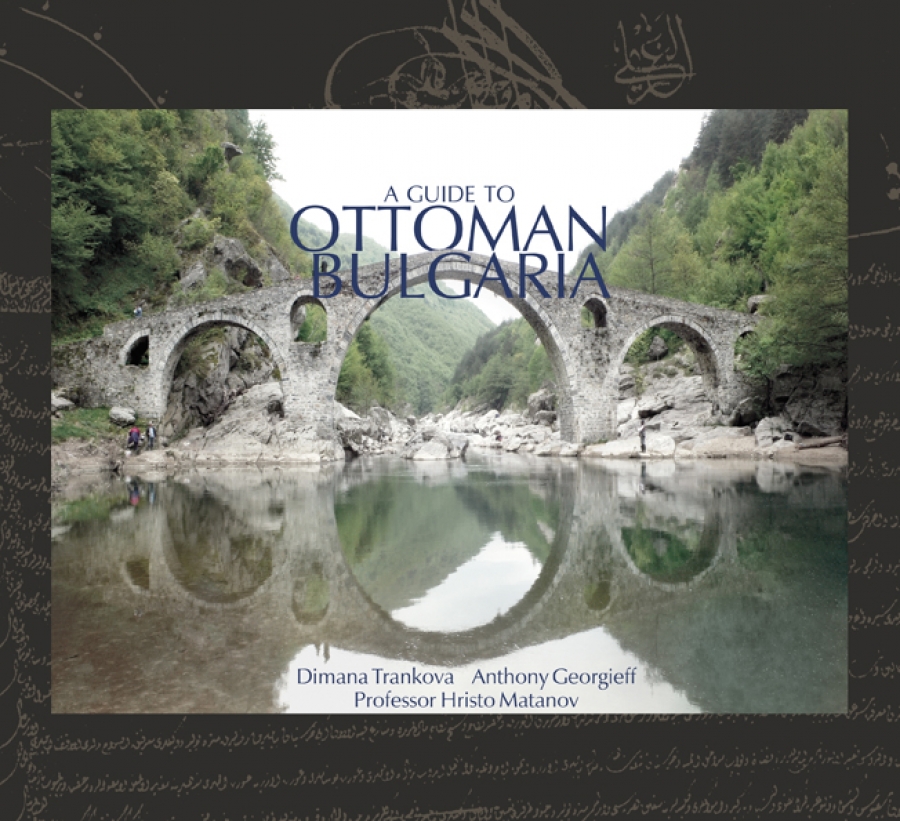Die Länder Osteuropas tun sich nach wie vor schwer mit der Einordnung ihrer Geschichte und der Personen und Strömungen, die sie gestaltet haben. Das gilt vor allem für das Erbe aus der Zeit unmittelbar vor der kommunistischen Machtergreifung. In vielen osteuropäischen Ländern gab es seit den zwanziger Jahren des 20. Jahrhunderts faschistische oder offen nationalsozialistische Gruppierungen, die sich grosser Unterstützung in Teilen der Bevölkerung erfreuten, und die in der Regel einen radikalen Antikommunismus mit einem totalitären Gesellschaftsmodell und eliminatorischem Antisemitismus nach nationalsozialistischem Vorbild verknüpften.
Aus diesen Gruppierungen erwuchsen den Nazis vor und bei Kriegsausbruch fanatische Unterstützer für ihre Gewaltpolitik, in deren Zug sie ganze Rassen ausrotten wollten, allen voran die Juden und Roma. Die seit Jahrhunderten verbreiteten Vorurteile und gesellschaftlichen Ausgrenzungen, sowie die vorhandene Gewaltbereitschaft gegenüber diesen Bevölkerungsgruppen in Osteuropa wurde von den Nazis gerne aufgegriffen und für ihr barbarisches Ausmerzungsprojekt dienstbar gemacht. Die antisemitischen und faschistischen Organisationen der „Eliten“ in diesen Ländern verschwanden zwar scheinbar später mit der kommunistischen Machtergreifung, die Personen und Geisteshaltungen aber blieben selbstverständlich weitgehend unverändert.
Während sich viele führende Vertreter faschistischer Gruppierungen rechtzeitig in den Westen absetzten und mancher auch im Rahmen von Prozessen, die meist wenig rechtsstaatlich waren, hingerichtet oder zu langjährigen Gefängnisstrafen verurteilt wurde, blieben viele auch unbehelligt. Der Zusammenbruch des kommunistischen Blocks in Osteuropa führte unter anderem auch dazu, dass sich politische Gruppierungen bildeten, die sich bewusst an Vorkriegsorganisationen anlehnten oder in deren Tradition sehen. Dabei wurde in der Regel der Antikommunismus dieser Gruppierungen in den Vordergrund gestellt, die totalitär-faschistische und antisemitische Tradition aber gerne verschwiegen oder relativiert.
Hartgesottene Antisemiten und Rassisten, die das kommunistische Regime überlebt haben und bis heute stolz auf ihre (Un-)Taten gegenüber Juden sind und die in einigen Fällen Jahrzehnte hinter Gittern in einem kommunistischen Gefängnis verbracht hatten, wurden von vielen plötzlich ungeachtet (oder vielleicht gerade wegen?) ihres offenen und ungeläuterten Eintretens für die Ideologie ihrer Jugendjahre als antikommunistische Märtyrer und Helden und Vorbilder für die Jugend des 21. Jahrhunderts dargestellt. Und immer wieder finden sich willige Intellektuelle, die dieses revisionistische Narrativ aus ganzem Herzen unterstützen.
Von einem solchen Fall will ich hier berichten. Im Zentrum steht dabei der bulgarische Schriftsteller Zachary Karabashliev, dessen Roman 18% Grau auch in englischer Übersetzung vorliegt.
Um was geht es konkret? Auf seinem Facebook-Profil berichtete Karabashliev von einem Besuch bei einem 97-jährigen Rentner, den er mit Fotos und erläuterndem Text versah. Diese Begegnung hat ihn nach eigenen Worten stark beeindruckt. Der alte Herr, offenbar noch erstaunlich rüstig für sein Alter, wurde diesem Bericht zufolge mehrfach von Eindringlingen in seiner Wohnung belästigt und wohl auch physisch misshandelt. Karabashliev forderte vom zuständigen Ministerium in einem Brief einen besseren Schutz bzw. eine erhöhte Rente des Kriegsveteranen, der zudem auch viele Jahre in einem Gefängnis des kommunistischen Bulgariens als Regimegegner einsass.
So weit, so gut. Es gibt wohl niemanden, der die schlechte Versorgung von Rentnern in Bulgarien und auch den häufigen Mangel an Anerkennung, den die vielen unschuldigen Opfer der kommunistischen Systemjustiz gegen Regimegegner in der heutigen bulgarischen Gesellschaft erhalten, nicht bedauert. Also durchaus eine edelmütige Aktion, die dem Initiator zur Ehre gereicht, könnte man auf den ersten Blick glauben. Ein anderes Bild jedoch ergibt sich, wenn man etwas tiefer gräbt.
Der alte Herr, von dem Karabashliev berichtet, und den er mehrfach in öffentlichen Äusserungen – auch im Fernsehen – als Helden tituliert hat, heisst Dyanko Markov. Markov war von im kommunistischen Bulgarien aus politischen Gründen inhaftiert und wurde in den Jahren nach 1989 rehabilitiert. Er war danach Parlamentsabgeordneter einer rechten Partei und wurde die prominenteste lebende Symbolfigur der Rechten in Bulgarien wegen seines unbeugsamen Antikommunismus. Markov schrieb seine Memoiren, trat häufig als Redner bei öffentlichen Veranstaltungen auf (u.a. auch im Europaparlament) und wurde immer wieder interviewt. Er ist also nicht irgendein Rentner, sondern in Bulgarien eine sehr bekannte Figur des öffentlichen Lebens. Wir haben es mit jemandem zu tun, den viele – so auch Karabashliev – geradezu für einen mustergültigen Helden halten und als solchen immer wieder der Öffentlichkeit vorstellen.
In der ersten Version seines Facebook-Posts erwähnte Karabashliev auch ausführlich und bewundernd einen Teil der Biographie Markovs, den er interessanterweise später redigierte und komplett strich. Dieser Abschnitt bezog sich auf die Mitgliedschaft Markovs bei den sog. „Legionären“ und seine angeblich heldenhaften Taten während des 2. Weltkriegs.
Der Bund der Bulgarischen Nationalen Legionen war eine antisemitische und offen faschistische paramilitärische Organisation, die ab 1933 von Hristo Lukov geführt wurde (er benutzte den Titel „Nationaler Führer“). Die Jugendorganisation der Legionäre nutzte in ihrem Emblem das Hakenkreuz, die Uniformen des Verbandes und auch das Programm waren direkt an das Muster der nazistischen SA angelehnt und auch sonst wurde diese Bewegung als Arm Hitlers in Bulgarien angesehen und entsprechend von Nazideutschland gefördert.
Der eliminatorische Antisemitismus wurde in Bulgarien besonders aktiv von radikalen Gruppen wie den Legionären propagiert. Lukov, der schliesslich zum General, Kriegsminister und zur grauen Eminenz im Hintergrund aufstieg, nutzte die Legionäre, um auch politisch immer mehr Einfluss zu gewinnen; die Gestapo diskutierte ernsthaft, ob man einen Staatsstreich Lukovs gegen den bei der Judenvernichtung in Bulgarien aus opportunistischen Gründen – die Niederlage der Nazis war bereits absehbar – zögerlichen Zar Boris III durchführen sollte und an seiner Stelle Lukov als Diktator, der die Judenvernichtung in Bulgarien „liefern“ würde, unterstützen sollte. Dazu kam es am Ende nicht, Lukov wurde von der 19-jährigen jüdischen Partisanin Violeta Yakova bei einem Attentat getötet (sie wurde später von bulgarischen Sicherheitskräften bestialisch vergewaltigt und zu Tode gefoltert); der starke Widerstand vieler bulgarischer Bürger, einiger Politiker (wie Dimitar Peshev) und der Orthodoxen Kirche in Bulgarien führten dazu, dass Bulgarien die Juden im eigenen Land nicht an die Nazis auslieferte.
Die Juden in den von Bulgarien besetzten Gebieten Thrakiens, Mazedoniens und der serbischen Region Pirot hatten weniger Glück: sie wurden als einzige Einwohner dieser Gebiete nicht als Bulgaren angesehen, und mit diesem „Trick“ hatte man die Grundlage geschaffen, sie zu deportieren. Die Deportation in diesen Gebieten wurde von Bulgaren organisiert und durchgeführt, Mitglieder der Bulgarischen Nationalen Legionen zeigten sich besonders eifrig, entsprach der Mord an den Juden doch ihrem eigenen Programm. Mehr als 11000 Juden wurden überwiegend nach Treblinka zur Vergasung deportiert.
Der Gründer und „Führer“ dieser Organisation, die Hand- und Spanndienste beim Judenmord leistete, Hristo Lukov, ist das Idol vieler Neo-Nazis in Europa bis heute, er wird jedes Jahr mit einem Fackelzug gewaltbereiter Rechtsextremisten aus ganz Europa auf den Strassen von Sofia „geehrt“. Lukov ist auch das verehrte Idol von Dyanko Markov, und er propagiert bis heute das Gedankengut der Legionäre. Seine Memoiren singen das Heldenlied dieser Organisation. Der Holocaust in den von Bulgarien besetzten und annektierten Gebieten wurde von Markov in einer Rede im bulgarischen Parlament im Jahr 2000 dahingehend kommentiert, dass die Deportation einer „feindlichen Bevölkerungsgruppe“ kein Kriegsverbrechen sei. Im Jahr 2018 ergänzte er dazu noch, dass die Deportation nach Treblinka „relativ human“ gewesen sei. Fast zeitgleich erhielt Markov vom bulgarischen Staat einen hohen Verdienstorden. Man fragt sich allerdings, wofür…
In diesem Punkt liegt der eigentliche Skandal, in dessen Mittelpunkt sich Karabashliev jetzt, wohl aus tiefster Überzeugung selbst manövriert hat.
Wenn es ihm und seinen einschlägig bekannten Co-Propagandisten darum gegangen wäre, auf das Los der Veteranen, der ehemaligen Häftlinge und Opfer des kommunistischen Unrechtsregimes oder generell auf die schändliche Situation, in der viele betagte Menschen in Bulgarien vegetieren müssen, aufmerksam machen zu wollen, hätte man sich ohne weiteres fast jeden beliebigen älteren Menschen in Bulgarien als Beispiel aussuchen können. Dass man ausgerechnet einen Dyanko Markov, dessen Auftritt im Europäischen Parlament vor wenigen Jahren einen grossen Skandal auslöste, nachdem sein ungebrochenes Eintreten für eine menschenverachtende Organisation und Ideologie und seine Holocaust-Relativierung bekannt wurde, ist natürlich politisches Programm der kleinen Gruppe, die ihn immer wieder instrumentalisiert, um verbrecherische faschistische Organisationen aus dem Vorkriegs-Bulgarien zu rehabilitieren und daraus letzten Endes politisches Kapital zu schlagen.
Wer darauf hinweist, dass hier eine inhumane Ideologie propagiert wird und eine Gruppierung, deren Hauptziel nach eigener Aussage der Massenmord an bestimmten Bevölkerungsgruppen und der Angriffskrieg im Osten war, zu Heroen aufgebaut werden sollen, muss sich auf einiges gefasst machen, von – am Ende erfolglosen – Verleumdungsprozessen bis hin zu geifernden, hasserfüllten persönlichen Angriffen aus dem Lager von Karabashlievs Gesinnungsgenossen. Leider liegen derartige Tendenzen wohl im Zeitgeist, denn in Bulgarien, das von einer Regierungskoalition rechter und rechtsextremer Parteien regiert wird, gibt es seit einiger Zeit auch unter Intellektuellen Strömungen, die den Holocaust relativieren oder leugnen, und die „den Juden“ die Schuld am Kommunismus und seinen Verbrechen geben (und insofern den Massenmord an ihnen als entschuldbare Reaktion darauf interpretieren); auch der uralte antisemitische Topos von den Juden als Christus-Mördern feiert Wiederauferstehung, z.B. in den Spalten des einstmals angesehenen Portals „Kultura“. Dass sich bulgarische Schriftsteller wie Karabashliev und einige andere aus der zweiten und dritten Garnitur dazu hergeben, ist eine moralische Bankrotterklärung.
Der Fall Karabashliev wiegt besonders schwer aufgrund seiner einflussreichen Stellung im bulgarischen Verlagswesen. Bezeichnenderweise hat – mit der Ausnahme von Angel Igov, der der Darstellung von Karabashliev und seiner Bundesgenossen mit Hinweis auf die Fakten widersprochen hat und von Lea Cohen, die als Jüdin ohnehin traditionell eine Zielscheibe der bulgarischen Antisemiten ist – meines Wissens bisher noch kein anderer Autor zu dem Vorgang Stellung genommen. Zu gross ist offenbar die Angst, auf dem kleinen bulgarischen Buchmarkt Pulikationsmöglichkeiten zu verlieren oder bei Lesern anzuecken, von denen wohl ein beträchtlicher Teil mit Markovs und Karabashlievs Geschichtsrevisionismus sympathisiert. Man mag das Feigheit oder komplette Abgestumpftheit gegenüber moralischen Werten nennen; ein Trauerspiel und ein besorgniserregendes Symptom für den Zustand der bulgarischen Gesellschaft ist es auf jeden Fall.
© Thomas Hübner and Mytwostotinki, 2014-9. Unauthorized use and/or duplication of this material without expressed and written permission from this blog’s author and/or owner is strictly prohibited. Excerpts and links may be used, provided that full and clear credit is given to Thomas Hübner and Mytwostotinki with appropriate and specific direction to the original content.
















 Facebook
Facebook RSS
RSS Twitter
Twitter